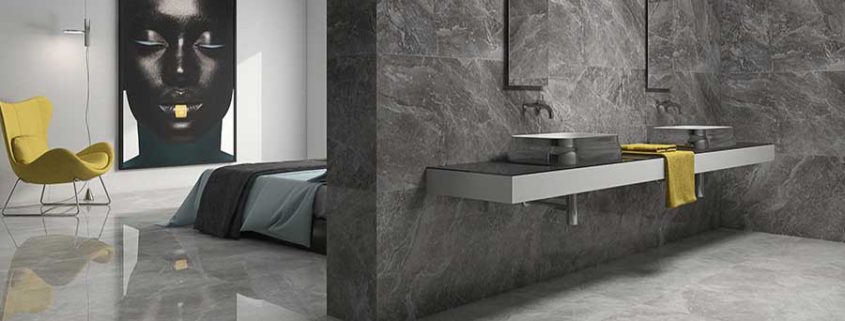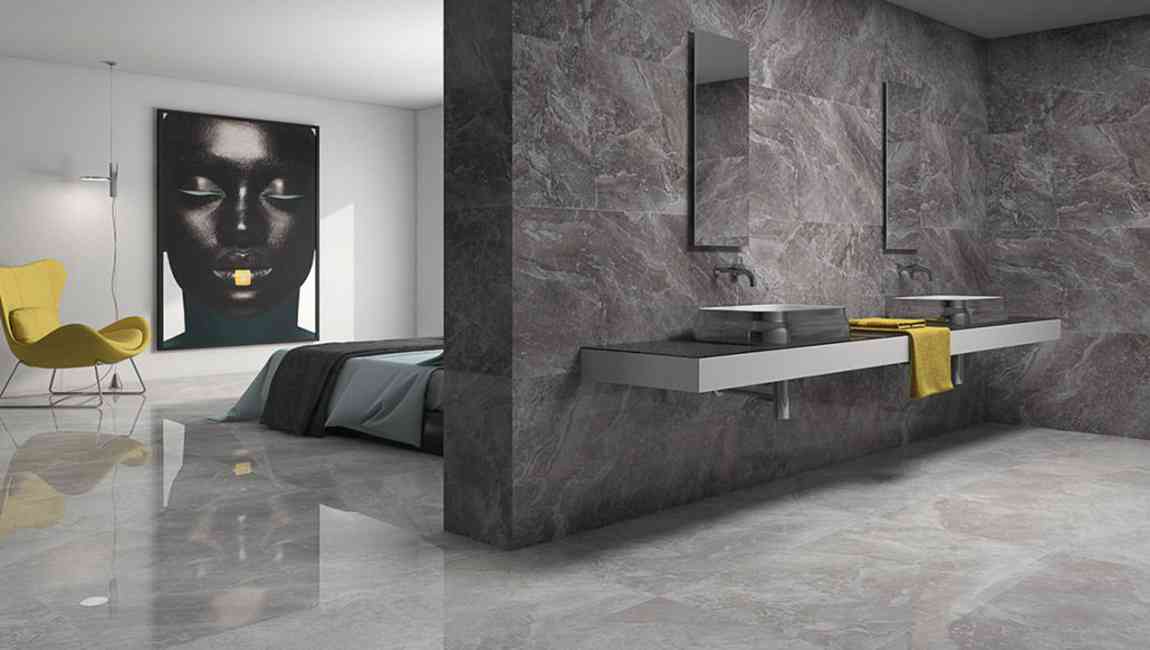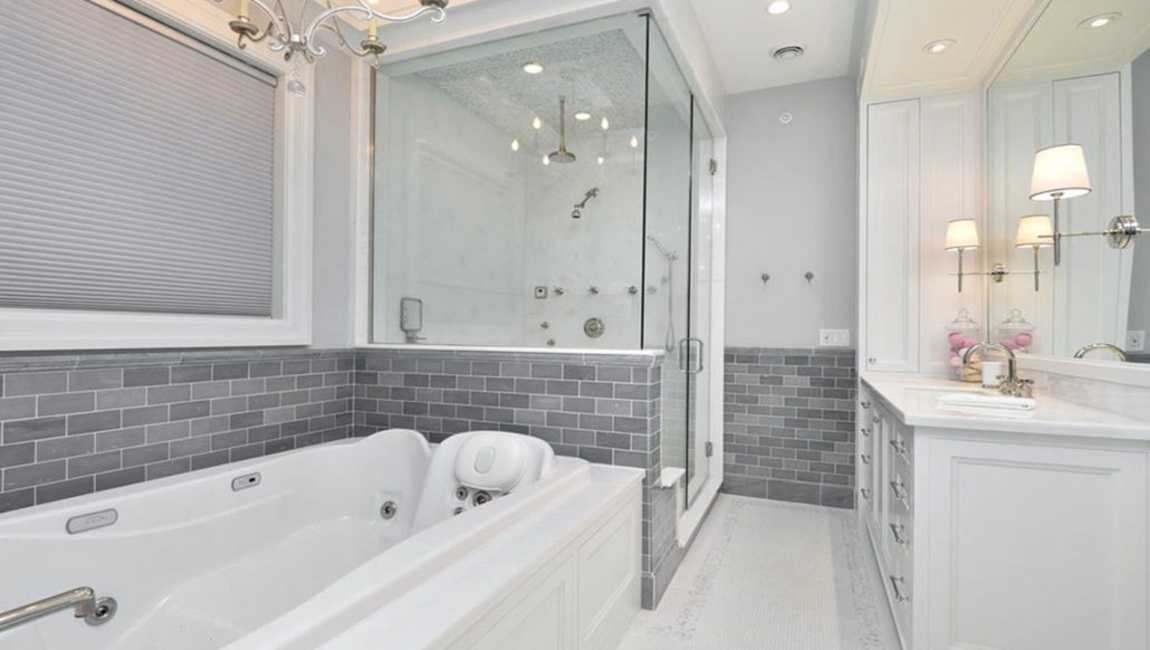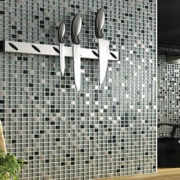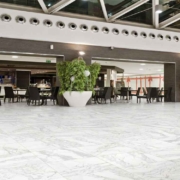How to Remove Bathroom Wall Tile?
Protect yourself and your surroundings. Wear wraparound safety goggles, work gloves, long sleeves, long work pants, and a dust mask. Lay a canvas drop cloth over the bathtub, shower floor, or any fixtures you want to protect from chipping. Cover any drains with painter’s tape. Consider tearing apart shower walls. Shower tiles are usually installed over drywall and/or thin backerboard over drywall. Ripping the entire substrate away is much faster than removing the tiles piece by piece, but will break all your marble tiles. Chip away the rounded bullnose wood tiles from the edge and top of a shower with a hammer and chisel.
Cut through the drywall along the edge of the tiles design with a utility knife. Cut along the edge of the wall studs, if possible. A reciprocating saw is the best tool for this job. Place a pry bar against this line and lever away large sections of the wall. Work it left and right to loosen the nails holding the drywall in. Once the side walls are removed, remove the back wall of ceramic tiles by breaking small tiles in a vertical line with a hammer, then prying the exposed edge.
Chisel away polished tiles instead. This method is slower, but allows you to save some of the wall tiles for reuse. Scrape away some of the grout in a long line using a utility knife, grout saw, or rotary grinder. Place a chisel against the edge of a tile in this line, almost flat against a wall, and tap with a hammer. If all goes well, the tile will pop out. If it doesn’t budge or if a small piece chips off, remove grout from the sides and try again.
This becomes easier once the first tile is removed. An electric chisel can speed this job up. Remove adhesive. After chiseling away kitchen floor tiles, scrape away the adhesive with a putty knife or hand scraper. Try soaking the tiles in water first to soften the mortar.

